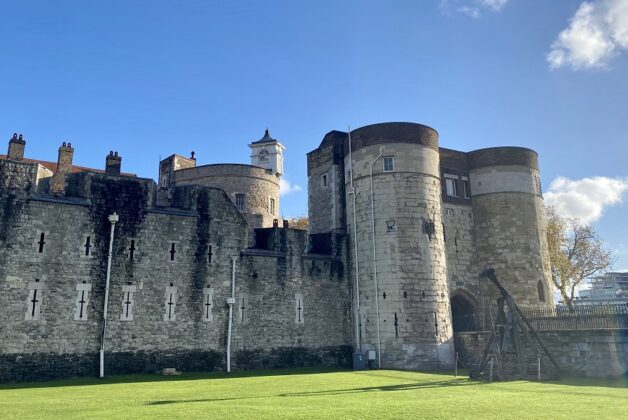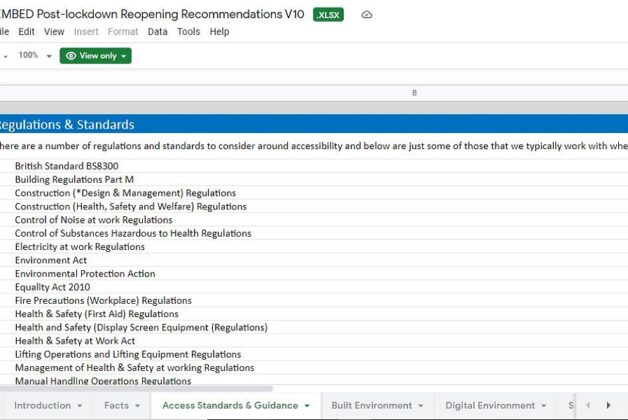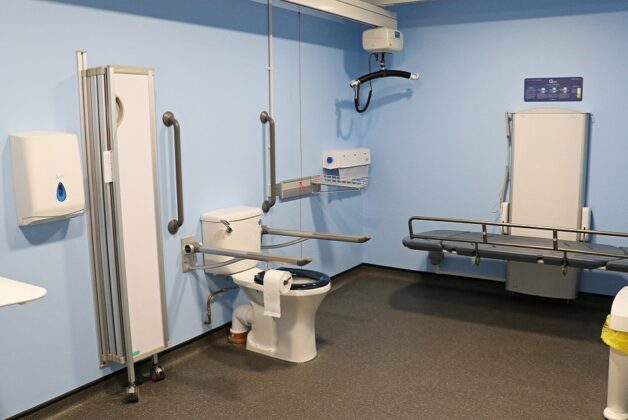Image: © zero take/Unsplash
To support museums and heritage sites in optimising their sites for disabled visitors throughout the reopening process, an updated version 11.0 of EMBED Reopening Recommendation guidance has been published.
The document, created by EMBED, the Disability Collaborative Network and the University of East Anglia, aims to help organisations consider potential barriers faced by disabled visitors and offers solution-based guidance to ensure the safety of stakeholders, staff, volunteers and visitors.
Particular attention, the authors note, has been paid to the needs of a diverse visitor and user base. The guidance is based on the contributors’ collective experience of accessibility for disabled and neurodiverse people. As a live document, the guidance is always evolving and reflects known evidence and research about Covid-19 at the time of writing.
The team
Authors
- Sarah Simcoe, Director DMS (Wirral) Ltd, Creator and Founder of EMBED
- Becki Morris, Director of the Disability Collaborative Network, Associate Consultant and Heritage Partner of EMBED
- Dr Katherine Deane BSc PhD, Senior Lecturer in Research and Access Ambassador, School of Health Sciences University of East Anglia
Advisors and contributors
- Julii Brainard, Honorary Research Fellow and Senior Research Associate, Norwich Medical School, Research Group Member, Epidemiology and Public Health, Research Group Member, Public Health and Health Services Research Norwich Medical School University of East Anglia
- Mike Adams OBE, Chief Executive Officer, Purple
- Charlene Overend, Head of Partnerships, Purple
- Joanna Grace, Sensory Engagement and Inclusion Specialist, and Founder of The Sensory Projects
- Dan Burrill, Costessey Town Councillor, South Norfolk District Councillor
- Gavin Neate, Founder, Neatebox
- Ben Melham, Director, Mortice Consulting
EMBED insists the recommendations are not mandatory but rather complementary information to government and industry protocols. The goal of the scheme is to provide “useful, practical and pragmatic actions” to support a reopening process that is accessible to all.
The live document can be accessed here.





